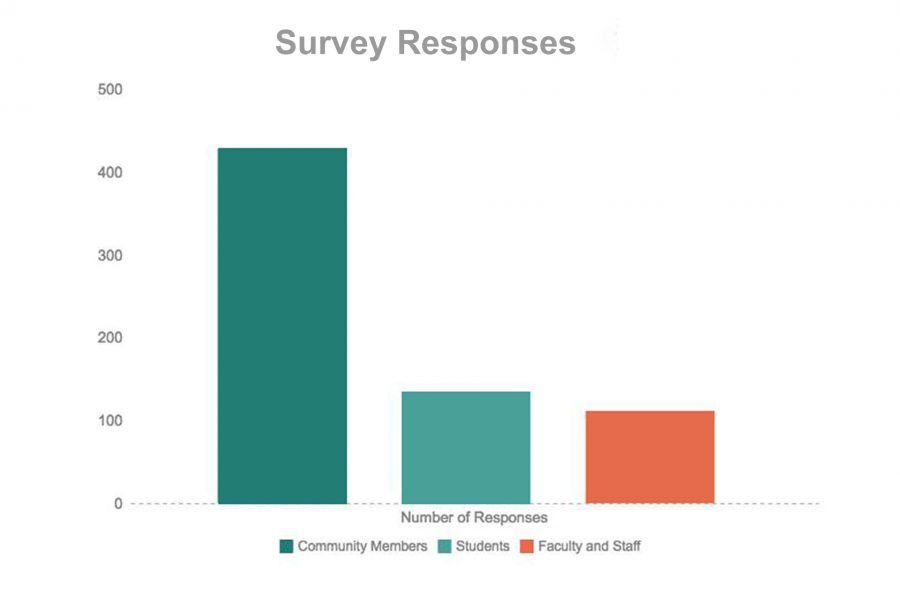City College will hire additional teachers in the English, English skills, math and academic counseling departments.
The College Planning Committee met Tuesday, March 7, to vote on whether to approve four year-long contracts for understaffed departments next year. Members voted unanimously in favor of the contracts, which will be start Fall 2013.
Sections in these departments have been cut over the last few years partially because of the budget crisis. At the same time, demand for those classes has been on the rise.
“There’s a desire and a need to open up more sections,” said Dr. Jack Friedlander, executive vice president of educational programs. “We’ve just had nobody to turn to.”
Every year around October every California college is notified of its full-time faculty obligation number for the following year, based on enrollment growth. It is anticipated that this number will increase.
Wait lists for general education and composition classes are not unusual, but have been growing and more students have to wait to get their classes, slowing down their academic progress.
“The supply is not meeting the demand,” said Barbara Bell, chair of the English department.
Bell said the lack of teachers and classroom availability are two main obstacles these departments now face. The temporary contracts will help fix the former.
Though many departments are dealing with understaffing, the committee believes that these departments are most disadvantaged without extra faculty members.
“If you’re placed in a certain level of English, math or English skills, you have to take that course. You can’t take an alternative course,” said Friedlander. “That’s why we’ve zeroed in on those areas.”
The counseling department is also overwhelmed with students.
“The current ratio of students-to-faculty is extraordinarily high, and it’s hard to find additional qualified [and] trained academic counselors,” Friedlander said.
A hiring committee will be assembled to select the teachers who will be filling in the positions. The search won’t be nationwide and it is very likely that the teachers will be chosen from the current pool of local adjuncts.
Superintendent-President Dr. Lori Gaskin said the money brought in from Proposition 30 has a lot to do with the increased demand in classes.
“Due to the fact that Prop. 30 passed, we have an expectation from the state that we increase access to those half-a-million students to whom the doors were closed prior to its passage,” Gaskin said. “We have to accommodate growth and that’s what we’re trying to do.”
Faculty and administration agree that this is only a short-term fix.
“We are grateful for the temporary contracts, but they are, as the name states, a temporary measure,” Bell said. “What our department needs is more new tenure track faculty positions.”
The college will begin working on its long-term fix of hiring new faculty when contracts expire in 2014.













